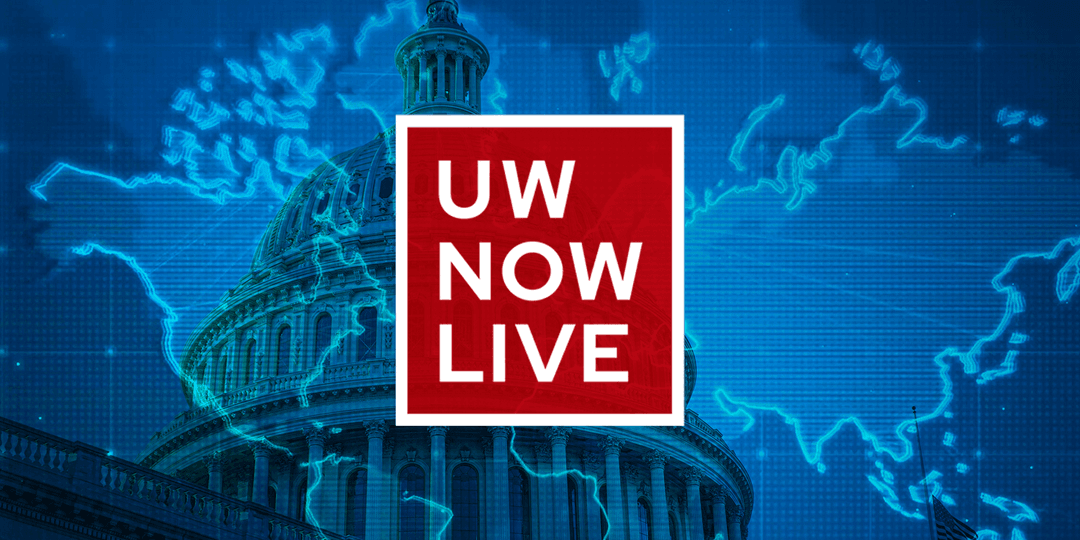The national debt is beginning to look like a real problem.
You may not realize it, and you may have heard so many warnings over so many years that you no longer believe them. But according to economist Jessica Riedl ’98, the national debt is a growing threat to the economy, and it may soon precipitate widespread difficulties.
“The debt over the next 30 years is scheduled to rise from $30 trillion to $200 trillion just under current policies,” she says. “This will stretch financial markets and push up interest rates, which can contribute to an economic crisis.”
Riedl, who studied economics and political science at the UW, works with the Manhattan Institute. On May 13, 2025, she’ll join the UW Now Live to discuss the current debate around fiscal policy and to explain the ramifications of the national debt.
My Main Area of Expertise Is:
I consider myself a federal budget economist. I specialize in understanding federal spending, taxes, budget deficits, and the budget process. This also means having expertise in Social Security and health care spending and defense spending and education, as well as macroeconomics. I spent a year working for Governor Tommy Thompson. Then I went to Princeton and got a master’s in public policy before heading to Washington. I spent a decade at the Heritage Foundation, running their budget policy shop, followed by six years as chief economist to Senator Rob Portman from Ohio, and I’ve spent the last eight years think-tanking at the Manhattan Institute.
Tonight on the UW Now Live, I’ll Talk About:
I’m going to discuss the unsustainable growth of federal debt. I think most people do not fully grasp the how rapidly federal debt is set to rise and the negative consequences that it may have on the economy. Every [percentage] point that interest rates rise would add $30 trillion in deficits over the next 30 years, which is almost as much as creating a new defense department. I will also talk about the fact that neither party in Congress is trying to fix the deficit. Democrats are hiking spending; Republicans are cutting taxes; and they mostly come up with fake excuses, such as saying economic growth can fix it, which it cannot.
If There’s One Thing I Want Viewers to Know, It’s:
We have essentially bet our fiscal future on the assumption that interest rates will never rise above 4 percent ever again. If interest rates remain over 4 percent, on a sustained level, a debt crisis is virtually guaranteed, and the danger is that over the past couple of years, new bond issues by the federal government have been over 4 percent. We’re on dangerous ground.
To Get Smart Fast, See:
- My page at the Manhattan Institute
- I’m pretty active on Twitter: @jessicabriedl
- The Congressional Budget Office
- The Office of Management and Budget
- U.S. Treasury Fiscal Data



